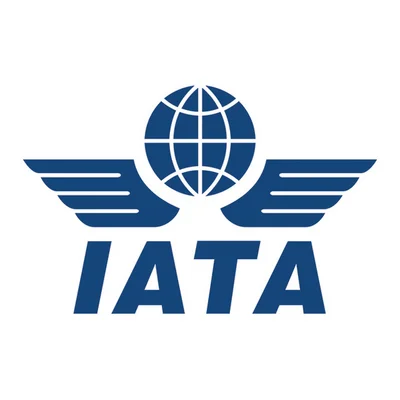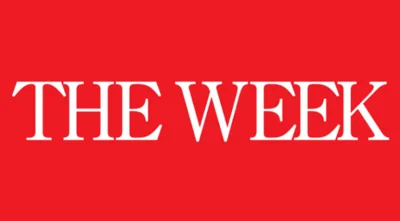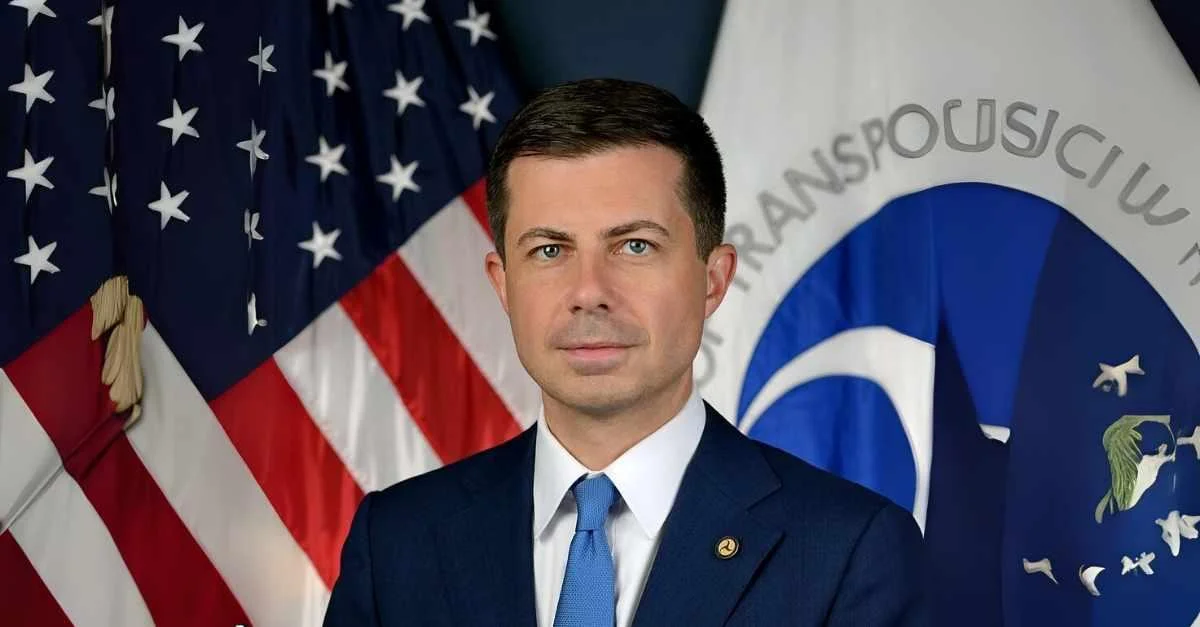In recent years, the value of airline loyalty programs has decreased significantly, as illustrated by a 36% increase in the average price of a loyalty seat among six major airlines since 2019, according to a study by IdeaWorksCompany.
Transportation Secretary Pete Buttigieg has taken action by sending requests to the four largest US airlines—American Airlines, Delta Air Lines, United Airlines, and Southwest Airlines—seeking detailed reports on their loyalty programs. Buttigieg expressed that, “These programs bring real value to consumers, with families often counting on airline rewards to fund a vacation or to pay for a trip to visit loved ones, but unlike a traditional savings account, these rewards are controlled by a company that can unilaterally change their value.”
Moreover, the Department of Transportation (DOT) has launched an investigation into how frequent flyer programs are being managed, particularly in connection with the devaluation of miles and the lack of transparency regarding pricing. Airlines are being asked to detail changes made to their loyalty programs since 2018 and explain how the value of a mile has evolved over the last six years. The DOT is particularly concerned about issues arising from mergers within the industry, which might lead to less competition and customer benefits being diminished.
 Alerts Sign-up
Alerts Sign-up




































